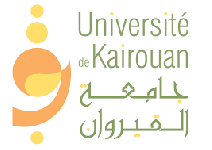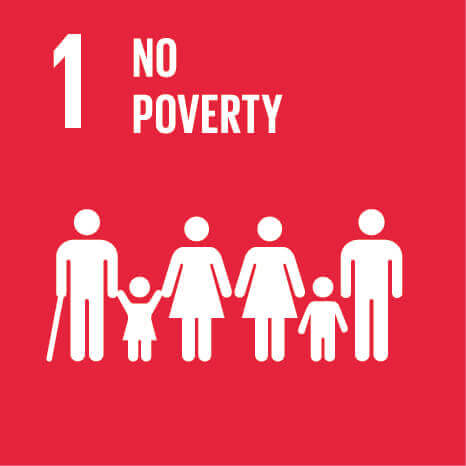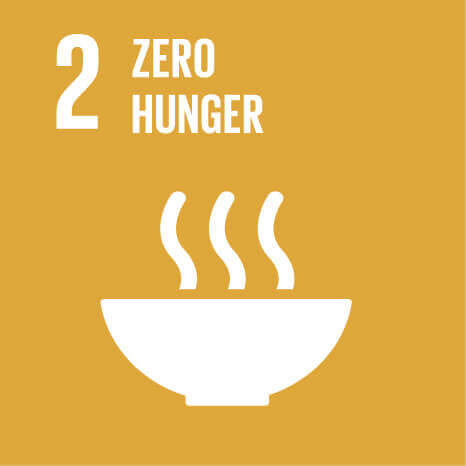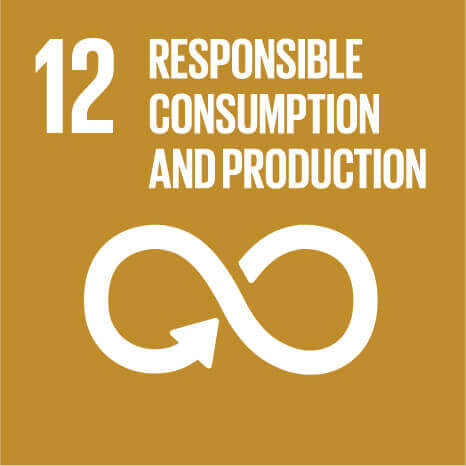Thanks to symbiotic nitrogen fixation and nitrogen rhizodeposition (Fustec et al. 2010), the introduction of legumes in Mediterranean cereal cropping systems either in sole crop in rotations, or within complex crop communities is of major interest, as they provide proteins for food and feed, enhance nutrient efficiency of agroecosystems (Hinsinger et al. 2011), and beneficial biotic processes. As legumes are able to provide nutrients to other organisms, they boost multi-trophic interactions (Einsenhauer 2012) and play a multi-functional role, enhancing ecosystem services provided by biodiversity-based cropping systems: they improve N-C-P cycles coupling, limit erosion, help to cope with resource scarcity and sudden stresses, mitigate volatility of input costs, increase resilience. Inter- and mix-cropping with legumes are recognized to better use natural abiotic resources such as water and nitrogen than sole crops, mainly in low-input cropping systems (Malézieux et al. 2009, Gaba et al. 2015, Brooker et al. 2016, Bédoussac et al. 2015). They also help reduce weeds and soil-borne diseases and pests, and provide environmental benefits (Corre-Hellou et al. 2011, Ehrmann and Ritz 2014).
The introduction of alleles conferring host plant resistance and abiotic stress adaptation and high yields potential would enhance crop improvement, sustainability and resilience of Mediterranean diversified cereal cropping systems. Access to local and adapted varieties is critical for resilient agroecosystems especially under current global change (Ficiciyan et al. 2018). Elite cultivars and landraces harbour useful genetic variation that needs to be more easily utilized in plant breeding (Dwivedi et al. 2016). Further mechanistic understanding, selection and breeding of drought-adapted crops are required to improve the productivity and economic benefits of such systems and their adoption by rural actors.
Soil biodiversity contribution to ecosystem services is now widely recognized, impacting plant productivity, water and air quality (Doran and Zeiss 2000). Soil organisms respond sensitively to land management practices and climate, with good correlation with ecosystem functions including water storage, C N P and other nutrients cycling, protection from pollutions and pathogenic organisms. Comprehensible and unexpensive indicators of soil quality are necessary for
farmers to evaluate agronomic practices and help the transition toward sustainability and resilience of the systems.
To enhance the development and adoption of legume-based diversification in the Mediterranean Basin, better networking and engagement of the different actors is needed (Migliorini et al. 2018, FAO 2018). The participatory approach is now widely recognised as a basic operational principle for sustainable development. Also, DiVicia will actively collaborate with farmers and other stakeholders to collect tacit knowledge, perform participatory cereal cropping system evaluations and transfer scientific knowledge.







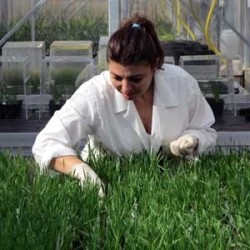


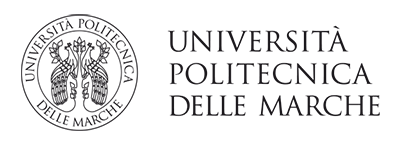
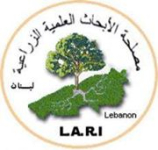
.jpg)
agdal.jpg)


